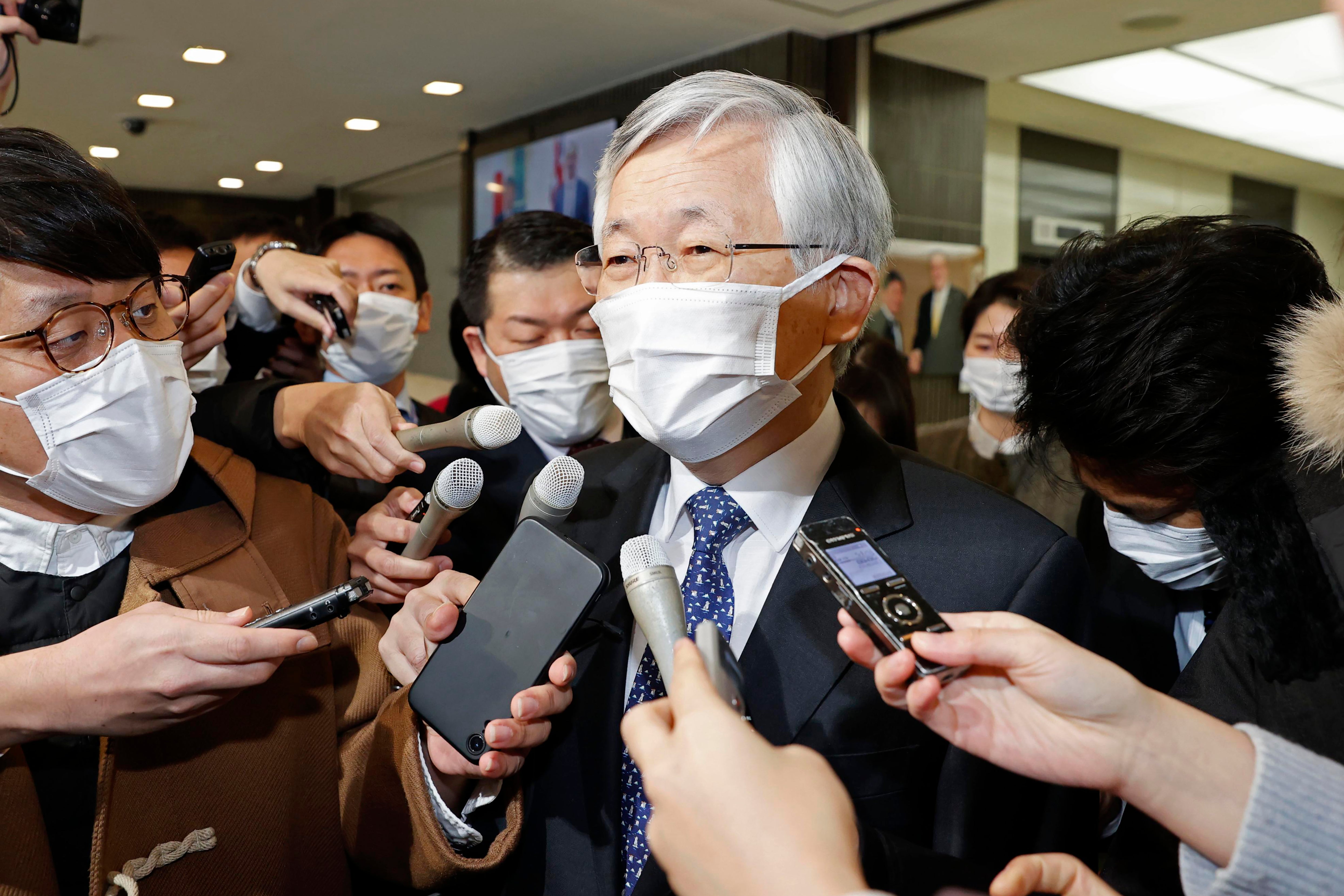Seoul court orders Japan to compensate 12 Korean sex slaves
A South Korean court has ordered Japan to financially compensate 12 South Korean women forced to work as sex slaves for Japanese troops during World War II

Your support helps us to tell the story
From reproductive rights to climate change to Big Tech, The Independent is on the ground when the story is developing. Whether it's investigating the financials of Elon Musk's pro-Trump PAC or producing our latest documentary, 'The A Word', which shines a light on the American women fighting for reproductive rights, we know how important it is to parse out the facts from the messaging.
At such a critical moment in US history, we need reporters on the ground. Your donation allows us to keep sending journalists to speak to both sides of the story.
The Independent is trusted by Americans across the entire political spectrum. And unlike many other quality news outlets, we choose not to lock Americans out of our reporting and analysis with paywalls. We believe quality journalism should be available to everyone, paid for by those who can afford it.
Your support makes all the difference.A South Korean court on Friday ordered Japan to financially compensate 12 South Korean women forced to work as sex slaves for Japanese troops during World War II the first such ruling expected to rekindle animosities between the Asian neighbors.
Japan immediately protested the ruling, maintaining that all wartime compensation issues were resolved under a 1965 treaty that normalized their ties.
The Seoul Central District Court ruled the Japanese government must give 100 million won ($91,360) each to the 12 women who filed the lawsuits in 2013 for their wartime sexual slavery.
The court said Japan’s mobilization of these women as sexual slaves were “a crime against humanity.” It said that the mobilization happened when Japan “illegally occupied” the Korean Peninsula from 1910-45 so that its sovereign immunity cannot shield it from lawsuits in South Korea.
The court said the women were the victims of “harsh sexual activities” by Japanese troops, which caused bodily harm, venereal diseases and unwanted pregnancies and left “big mental scars” in the women's lives.
Observers say it’s unlikely for Japan to abide by the South Korean court ruling. A support group for the Korean women said it may take legal steps to freeze Japanese government assets in South Korea if Japan refuses to compensate the women.
Japan’s Foreign Ministry said in a statement that its vice Foreign Minister Takeo Akiba summoned South Korean Ambassador Nam Gwan-pyo to register its protest against the ruling.
The verdict comes as South Korea seeks to repair strained ties with Japan over wartime history and trade, since the September departure of Japanese Prime Minister Shinzo Abe, who many South Koreans thinks attempted to gloss over Japan’s colonial abuses.
The bilateral disputes flared following a 2018 ruling by South Korea’s Supreme Court that called for Japanese companies to offer reparations to aging South Korean plaintiffs for their wartime forced labor. The dispute escalated into a trade war that saw both countries downgrade the other’s trade status, and then spilled over to military matters when Seoul threatened to end a 2016 military intelligence-sharing agreement with Tokyo.
__
Associated Press writer Mari Yamaguchi in Tokyo contributed to this report.